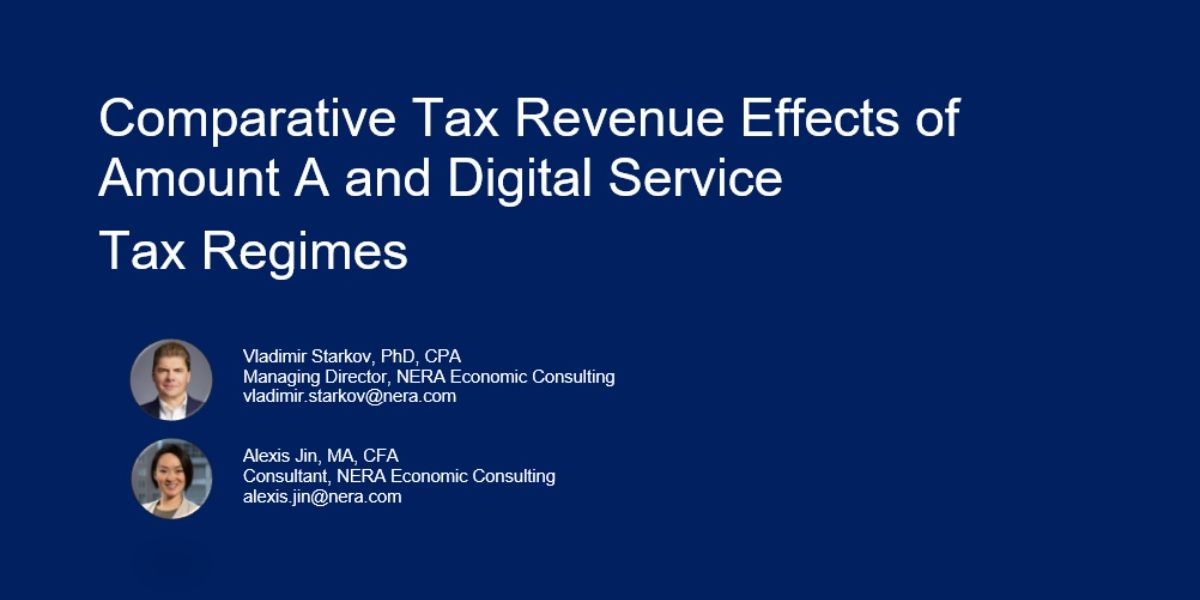The 2019 edition of Tax Policy Reforms: OECD and Selected Partner Economies examines tax reforms in OECD and some partner countries. This is the fourth edition of the report which puts together comparative information in relation to tax reforms in the countries surveyed and looks at the developments and trends over time in tax reforms. In addition to the OECD countries the latest edition includes data for Argentina, Indonesia and South Africa. The comparative information provided by the report and the overview of tax policy reforms helps to inform discussions on tax policy and gives support to countries when designing and implementing tax reforms.
The report notes that fewer countries have passed comprehensive tax reforms than in previous years. The comparative study indicates that the Netherlands introduced an important tax reform package in 2019 and that some significant tax changes are being implemented in Lithuania, Australia and Poland.
Trends in tax reform include reduction of labour taxes; some reduction of social security contributions in some countries; and some cuts to corporate income tax rates although these were less pronounced than in 2018. In some countries corporate tax incentives have been reinforced with the objective of fostering investment and innovation.
In the area of international taxation measures to protect the CIT base and discourage corporate tax avoidance continue to be introduced, generally in line with the OECD recommendations in relation to base erosion and profit shifting (BEPS). The OECD is also aiming to put forward consensus-based measures to address challenges arising from the digitalisation of the economy. Some countries have proposed or already implemented unilateral taxes on certain types of entity and activity that would tax some revenues from digital services.
As standard rates of value added tax (VAT) are relatively high, additional VAT revenues have been raised by measures to combat VAT fraud and to strengthen the fairness and functioning of VAT systems. Efforts have been made to increase the effectiveness of taxation of cross-border trade. Some efforts have also been made to expand the scope of lower rates of VAT, to moderate the effects of the relatively high standard rates.
Environmental tax reforms have lost momentum, and there have been fewer efforts to strengthen the existing energy taxes. Some countries have lowered taxes on energy use. Transport taxes have also seen little progress. Taxes on waste production, plastic or use of chemicals have not made much progress. Property tax reforms in 2019 were also very limited in scope.
















